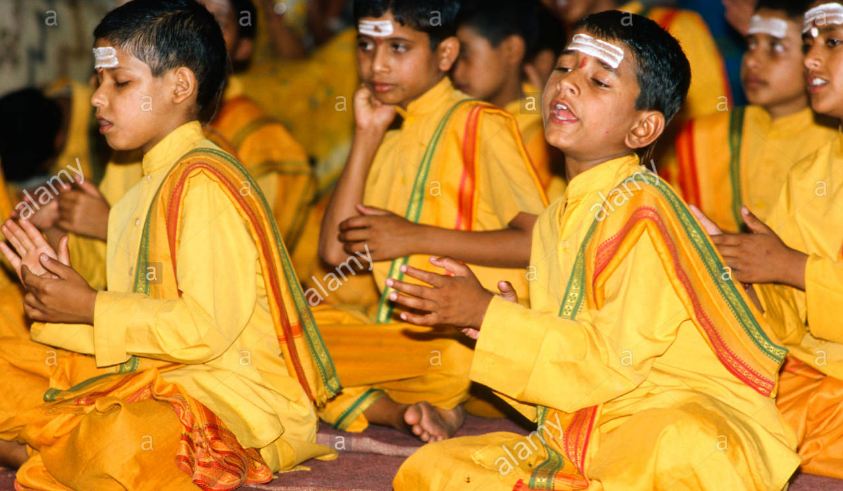On Friday, January 18, Uttar Pradesh Cabinet approved the 10 percent reservation to the economically backward upper caste. The reservation in the state will be applicable from 14th of January and will apply on both government and private organizations. After Gujarat and Jharkhand, Uttar Pradesh became the third state to grant the reservation to the economically backward upper caste.
Earlier, the Modi cabinet at the center had introduced the constitutional amendment bill to grant 10 percent reservation to the upper caste. The bill was passed by both the houses of the parliament and later on 12 January, President Ram Nath Kovind too approved it. The move can be termed as the masterstroke of Modi government, considering the fact that the opposition parties are finding it difficult to counter this move. Moreover, not a single political party is opposing the government’s law to empower the economically weaker ‘upper castes’ then they risk losing voters belonging to upper castes.
As per the decision of the Modi government, the quota will be applicable for those belonging to the general category with income of less than Rs. 8 lakh per annum. This quota will be for those applying for public employment and in educational institutions. According to the Indian Express report, the reservation criteria in jobs include families belonging to the economically weaker section of the general category earning less than Rs 8 lakh per year across all religions, and those with farmland below 5 acres, residence less than 1,000 square feet. As for Urban areas, those having less than 100-yard plot in the notified municipal area, the plot below 200 yards in the non-notified municipal area will get the benefit of the reservation.
Labeling it as an election move could not also help the case of opposition. Opposing this would be suicidal for the rival political parties. Interestingly, the Modi government has extended the reservation to private institutions and organisations as well. Not to forget the fact that, there are more than 78% of colleges being run in the Private sector; aided and unaided taken together, and it caters 67% of the total student enrolment.
With the historic decision, Modi government has completely changed the position as it stood till now and this would go a long way in correcting gross injustice to the unprivileged sections. The Uttar Pradesh government of CM Yogi Adityanath too deserves to be applauded for immediately following up on the historical development.
The new law has been challenged before the Apex Court by Youth for Equality, an organization opposing caste-based reservation. The decision by Uttar Pradesh government following the steps of Gujarat and Jharkhand government, therefore, marks the advent of a new era.
